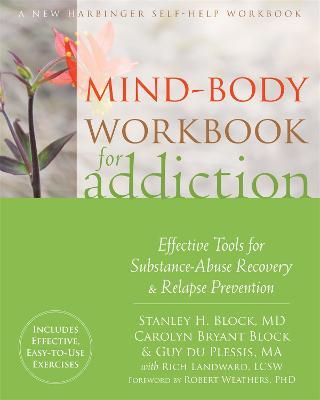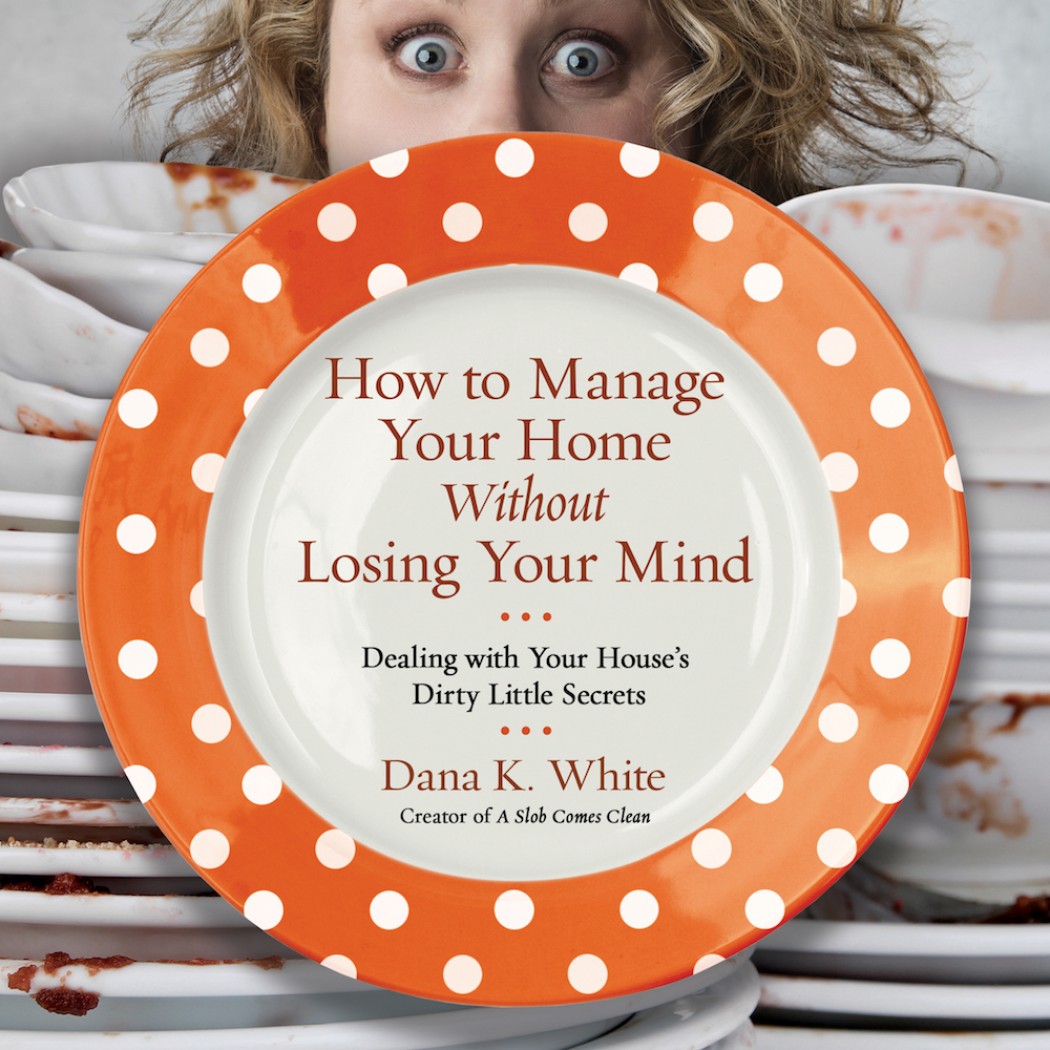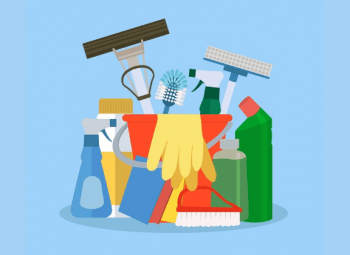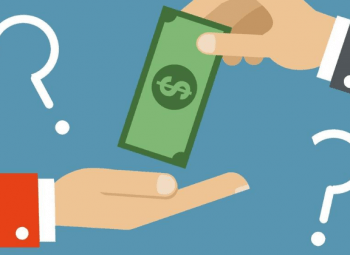
Do you buy things, even though deep down you know that you don’t really need them? Believe it or not, we are all guilty of this to a certain degree.
If you are reading this article right now, you have already taken the first and most important step in the right direction.
How to control this urge and buy only what you really need?
Today I am going to reveal the best tips that helped me recover from overspending, impulse buying, and constant buyer’s remorse.
12 Smart Tips to Help You Buy Only What You Need
1. Curb your temptation
If you tend to splurge, places like shopping malls and online stores are dangerous areas to pass your time. A simple outing can easily turn into hundreds of dollars spent on frivolous items.
Avoid window shopping, hanging out in malls, and scrolling aimlessly on online stores. Make it a habit to visit stores only when you really need something, and not just because you want to pass some time.
Occupy yourself instead with other things like spending time with friends, reading a book, or learning to play instruments. Any hobby or pastime will do as long as you can do it for free.
When you do have to make a purchase, take advantage of free shipping and get things delivered at your doorstep. This way, you won’t have to walk around a store eyeing things you don’t need or mindlessly browsing online.
2. Avoid retail promotions
On average, we’re bombarded with over 4,000 ads each day. Due to the growing online e-commerce presence, marketers are getting better by the day in targeting their potential customers.
If you encounter the common “flash sale” email or special “promo code,” think to yourself: “was I in need of these items before I saw this advertisement?” The answer is most likely no.
What is happening here is that advertisers make you feel as if you are missing out on an incredible bargain price. Chances are, though, that you receive an email just like this every other month, or even sometimes more often than that.
One way to avoid these emails is to simply unsubscribe from the website. By doing this, you will only visit the site when you truly need to purchase an item that you have thought through.
3. Buy Needs, not Wants
There is a very subtle difference between the two.
- Need: something you have to have
- Want: something you would like to have
Understand the difference between these two is key to a successful savings plan.
A very simple way to recognize if an item is something that you “need” or “want” is by answering a few questions.
- Is it a planned purchase?
- Do I have a budget for this item?
- Is there a remote possibility that the item will end up in a corner, untouched for months under layers of dust?
- Why do I need it? Can I justify this purchase?
When you’re unsure about an item, ask yourself these questions and your response should clear up your doubts.
4. Delay purchases
Retail seduction is hard to ignore these days. With aggressive marketing tactics that emphasizes scarcity and attractive presentation of goods, it’s hard to say no.
If you are struggling with buying things on a whim or because you feel pressured into it, consider introducing the 72-hour rule into your life.
The 72-hour rule is a mindfulness practice, stating: the longer you postpone something the less likely it is that you’ll actually want it. In other words, when you postpone something for longer than 72 hours, you usually have reasoned enough with yourself to not want it or simply have forgotten about it.
Having a reason to not buy something right at that moment, like the excuses of the 72-hour rule, will seriously save you money on things you never really needed.
5. Shop with your partner or a friend
With multiple credit cards in our pockets, it can be easy to get carried away when shopping. One way to avoid unnecessary items is to bring along your significant other or a friend.
When shopping with people who care about you and are aware of the lifestyle choices you are wanting to make, they can help stop you from going overboard.
When considering a purchase, take the time to talk it over with your person and go through the reasoning as to why you are thinking about buying it. This way, you can get a second opinion on the item.
The longer you think about buying something, the more time you are giving yourself to really consider if you need it.
6. Buy Good Quality
There is a reason why Germans are well-known for their expertise in automobiles. It is simply because they’re pretty darn good at what they do. They make superior cars compared to others, that are faster, smoother, comfier and lasts longer.
You might be wondering why am I talking cars here?
What I am trying to infer here is that if you buy a good quality product, you will more likely be satisfied with your purchase. Also, it will tend to last longer than a similar product manufactured by a not-so-well-known counterpart.
Moreover, the inferior product will never bring you the same level of joy in ownership as the superior one would.
This, in turn, will lead you to ponder over your decision on why you ended up purchasing the lesser product. Shoulda, coulda, woulda…
Never compromise on quality. It will save you more in the long run.
How, you might ask?
Initially, the cost of a superior product will be higher. In the long run, though, the longevity of this product will surpass the inferior ones, meaning you will be buying less and spending a lot less.
Another perk that comes with buying superior quality products is the care you put into them. Because you made a big decision on spending your money on this more expensive item, you’re more likely to take better care of it. This, in turn, extends the life of your items.
Stay ahead in your financial journey by taking advantage of our most recommended tools and resources
7. Write a Shopping List
Everything in a retail environment – the colors, the lighting, the product placement – is specifically chosen to tempt you, the consumer, into buying.
Now, something you wouldn’t buy otherwise is tempting you and practically screaming “you NEED me!”
To avoid this situation, spend some time and write out a list before you go shopping of all the things that you need.
When you have a list, you know exactly what you are there for and can easily find what you need. This will help you to not run off course.
In contrast, without a list, you will typically end up making impulse buys or unplanned purchases – all of which cost money. Therefore, always create a list before you step into the store, and most importantly, stick to it.
8. Cost vs Labor
When I started working at my first minimum-wage job, I encountered a dilemma: is what I’m buying worth the amount of time I had to work for it?
In 2014, I was making about $10 an hour as a server, and going out for a movie would set me back by $30 easy if I consider transportation and a small tub of popcorn.
That’s 3 hours of my hard work blowing off on just watching a movie. I could have worked 3 hours less and still have the same money if I didn’t go watch that movie.
Whether you work minimum wage or not, this question is incredibly helpful when making decisions on purchasing.
For example, if an item costs $100, but it takes you an eight-hour shift to make that much money, is that item still worth it?
Another way to think of it is to consider if you are willing to be paid that one item for a whole day worth of work.
9. Guilt-Free Pass
Friends may lie, but numbers don’t. Also, like a good friend, numbers will hold you accountable if you go astray.
Take some time to develop a monthly budget for all your spending. In this budget, allocate some funds that are just for buying things you “want”, but don’t necessarily “need”.
This stipend will be there for when you do want to make that guilt-free, extra purchase, without affecting the money that is already put aside for rent or groceries.
Better yet, make use of resourceful apps on your phone like Mint and Empower to track your spending. All you have to do is create an account and connect your cards securely, and these apps will do the rest in keeping you on the right path.
10. You already have enough
If you are reading this article right now, I’m going to take a wild guess and assume you have a lot of stuff. Let’s do a little experiment.
Look around the room you are in right now and count ten items you have not used in the last month. If you struggled to find ten, then you are already on the right path. If you found ten or more items, it is probably time to start thinking about your spending habits.
Take the time to remember when you bought these items and why. What caused you to buy them? Did they serve the purpose they were bought for? Was this a “need” purchase, or a “want”?
It is important to follow through with your purchases in order to keep yourself accountable and prevent unnecessary spending in the future.
11. Impress yourself, not others
You may have heard of the saying – ‘birds of a feather flock together’.
We, humans, like to live in a society. Consequently, our subconscious mind is constantly adapting to our surroundings all the time.
Our behavior is often affected, sometimes even forced, by a set of unsaid rules and expectations posed on us by our society.
With the advent of social media, it has gotten worse. We now keep up with society’s expectations’ by swiping on our smartphones.
We go places, do stuff, buy things just so that we can post them on our gram. It has become harder to differentiate if we’re purchasing something because we honestly love it or because we like the idea of acceptance and approval by our friends and family.
We’re spending money that we don’t have on things we don’t need to impress people we don’t like. It’s not worth it!
When you’re buying something, ask yourself these questions; your answer will lead you the right way.
- Am I buying it to impress others?
- Am I aching to tell/show others about my purchase?
- Can I go without posting about it on social media?
I am not against telling others or posting about stuff on social media. However, if you are standing in a Rolex store and all you’re thinking is how cool your buddies would think of you when you reveal your brand new Swiss watch, you’re probably not buying it to impress yourself.
This leads me to my final point.
12. Practice Gratitude
Things don’t make you happy. This is very important. Let’s say it again, this time out loud. Things do not make me happy.
While money is extremely important in our world and society, you do not have to spend it carelessly. Cherish your money and the joy it can bring to your life.
Be grateful for everything. Instead of loving the material things in your life, be grateful for your family, your dog, your job, your memories, even your annoying neighbors.
Mastering the practice of gratefulness is one of life’s greatest achievements. The moment you realize you are truly happy with who you are and what you have, you see the world through new eyes.
A Final Note
It is perfectly normal to feel tempted to go after shiny things. It happens to the best of us more times than we are willing to admit.
Splurging on yourself is a part of life, but it doesn’t have to control your life.
Our society is led by consumerism, there’s no question there. Retailers and online marketers are hungrier than ever and are going to great lengths to lure us in. We have to realize that we have the final choice in how we respond to this pull.
Ultimately, you are in control of your spending and it is up to you to consume consciously and carefully.
Looking for more motivation? My top recommendations that have changed thousands of lives.








![How to Get 5 Star Reviews on Airbnb [11 Best Tips] How to Get 5 Star Reviews on Airbnb [11 Best Tips]](/wp-content/uploads/2020/04/how-to-get-5star-reviews-on-airbnb.png)